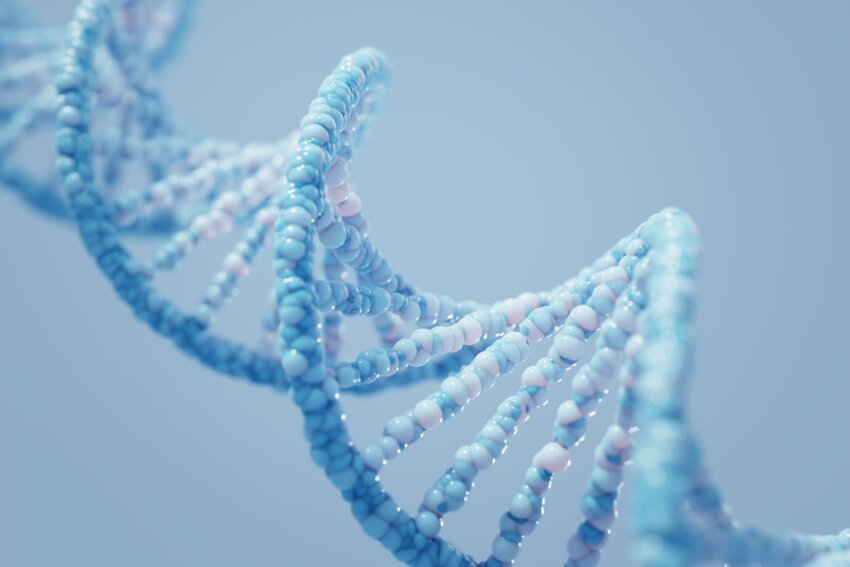Contact: Eileen Teves, 210-450-7239, tevese@uthscsa.edu
Content provided by Claire Kowalick
SAN ANTONIO, June 18, 2025 – Approximately one in 300 Americans have a mutation in the BRCA1 or BRCA2 gene, which helps repair damaged DNA, putting them at a higher risk of developing certain cancers, especially breast, prostate and ovarian cancer.
Many patients with these cancers are treated with PARP inhibitors, drugs that block cancer cells from repairing their DNA. But over time, the cancer often develops resistance.
Scientists at The University of Texas Health Science Center at San Antonio (UT Health San Antonio), along with Dana-Farber Cancer Institute at Harvard Medical School, Columbia University and Irving Medical Center, have made an important discovery to date in the study and treatment of BRCA1-deficient cancers and PARP inhibitor resistance.

“Of all the things we have done, this one has the most impact on clinical practice over the long run,” said Patrick Sung, DPhil, director of the Greehey Children’s Cancer Research Institute and associate dean for research at the Joe R. and Teresa Lozano Long School of Medicine at UT Health San Antonio. “Everyone expects malfunction in these proteins to give rise to drug resistance, but they do not know why and how.”
Sung is co-lead in the study published on May 22 in Science. He and his team explain how problems in the CST complex, a key factor in DNA repair, can cause resistance to PARP inhibitors in BRCA1-deficient cancer cells.

“This seminal discovery opens the door to understanding how some breast, prostate and ovarian cancers become resistant to an important class of cancer drugs called the PARP inhibitors,” said Robert Hromas, MD, FACP, dean of the Joe R. and Teresa Lozano Long School of Medicine at UT Health San Antonio. “These drugs can generate tumor regressions lasting years, but ultimately almost everyone relapses due to resistance.”
The CST complex is made up of three proteins and helps the cell fix DNA by blocking one repair method and making it use another. When the CST complex is functioning normally, PARP inhibitors target BRCA-deficient cancer cells and cause them to die because they cannot repair their own DNA. If the complex is mutated or silenced, tumor cells can become resistant to the therapy and continue proliferation.
“This is a crucial first step to providing an intellectual framework to understanding why defects in this particular complex, and other proteins associated with this complex, can lead to cancer-drug resistance. This will also form the basis of finding compounds that interfere with protein function or enhance the stability of DNA-bound protein complexes to boost the therapeutic efficacy of PARP inhibitors and other cancer drugs,” said Sung.
In this research, the findings may open doors to future therapies that can overcome resistance and develop treatment that is more targeted and personalized for each patient’s cancer journey.
To read the full story, click here.
The University of Texas Health Science Center at San Antonio (UT Health San Antonio) is one of the country’s leading health science and research universities. With missions of teaching, research and patient care, its schools of medicine, nursing, dentistry, health professions, graduate biomedical sciences and public health have graduated more than 45,000 alumni who are leading change, advancing their fields and renewing hope for patients and their families throughout South Texas and the world. To learn about the many ways “We make lives better®,” visit UTHealthSA.org.
Stay connected with UT Health San Antonio on Facebook, Twitter, LinkedIn, Instagram and YouTube.


